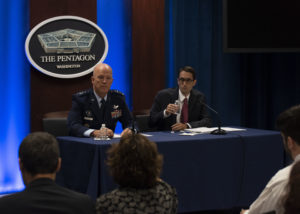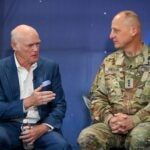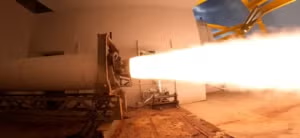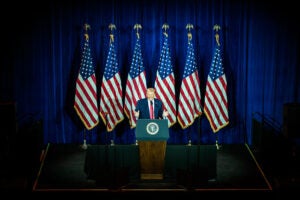
The Pentagon is on schedule to deliver a legislative proposal for the nascent U.S. Space Force later this month, which is expected to lay out requested authorities and authorizations that can help the new service get off the ground, a senior department official said Feb. 6. The proposal, due Feb. 20, or 60 days after the establishment of the Space Force, will allow lawmakers to continue to be part of the process to stand up the service, said Stephen Kitay,…

 By
By 











